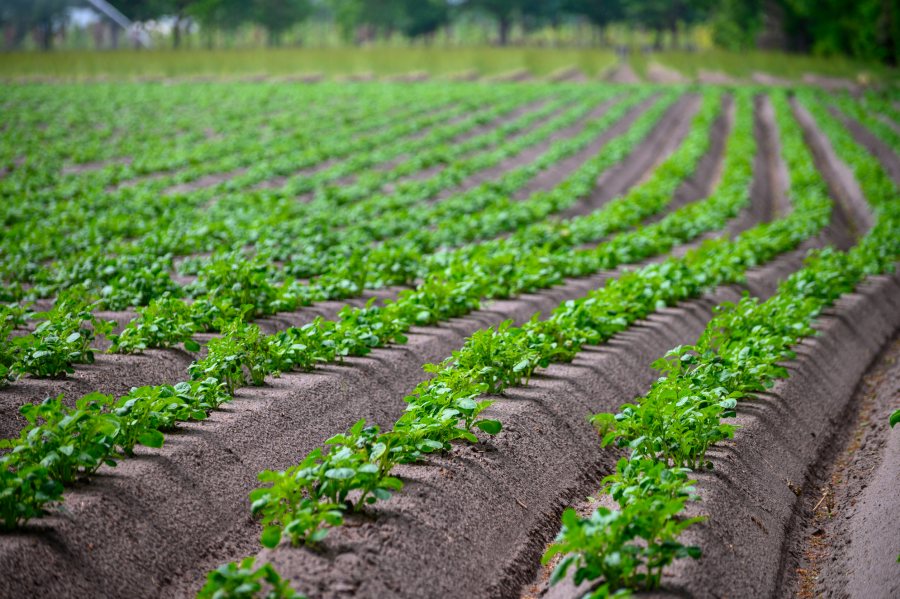AI-driven potato pilot takes root in UK to power regenerative farming

A UK pilot will utilise AI to help European potato growers cut carbon, boost yields, and restore soil health — all while meeting the demand for regenerative farming.
The €700,000 (£615,000) project will put AI-driven precision farming to the test, helping UK and European potato growers hit sustainability targets without sacrificing yield or quality.
The project - known as FIRST Potato — Field Intelligence for Regenerative Agriculture and Sustainability in Potato Farming — aims to speed up the adoption of regenerative agricultural practices.
Cropin, the world’s largest AI platform for agriculture, will begin initial studies in Denmark and launch pilot trials with potato processors in both Germany and the UK.
Its AI system integrates crop-specific intelligence with real-time field data collected from sensors, satellite imagery, weather stations and Internet of Things (IoT) devices.
This technology provides predictive analytics and daily, plot-specific recommendations tailored to each farm’s unique soil and microclimate conditions.
The system optimises irrigation, input use, and residue management to support effective regenerative practices that improve soil health, reduce environmental impact, and enhance yields—making regenerative farming both profitable and scalable.
Partnering with Aarhus University in Denmark, a recognised leader in sustainable agriculture research, Cropin will scientifically validate the platform’s performance and environmental benefits on pilot farms.
“As regenerative agriculture gains momentum, the absence of verifiable, measurable outcomes poses a real challenge to meaningful, scalable impact,” said Krishna Kumar, CEO of Cropin.
“Without robust digital systems, farmers struggle to consistently uphold regenerative principles. Through AI, data intelligence, and real-time decision-support, we are bridging this critical gap, bringing precision, accountability, and scale to regenerative agriculture."
Potato processors focus on sourcing tubers with high solid content to improve product quality, such as chips and fries, while regenerative farming supports corporate sustainability goals.
Although these practices can initially reduce yields, Cropin’s precision technology helps farmers optimise inputs to maintain yields and quality while restoring soil health and boosting climate resilience.
This deployment aims to generate collective benefits across the agri-food ecosystem — increasing grower profitability, helping brands meet sustainability targets, and protecting the environment.
Ms Kumar concluded: "With FIRST Potato, our goal is to help farmers adopt climate-smart practices that are both profitable and scientifically validated.”








